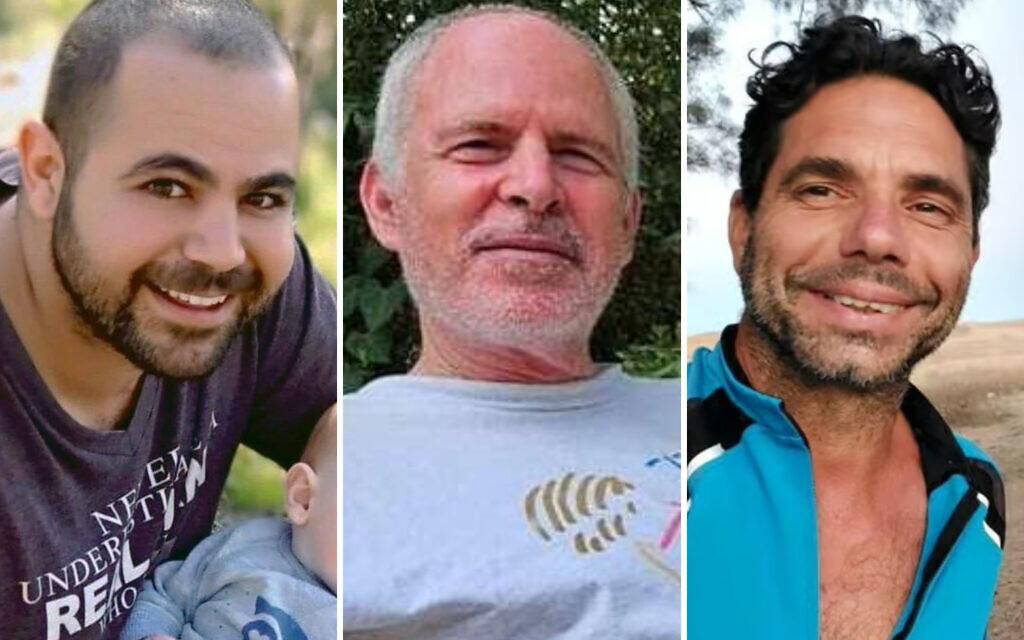WATCH: 7 Things We Learned From The First Trailer of Woody Allen’s Amazon Series

Amazon just released the first full trailer for “Crisis in Six Scenes,” Woody Allen’s return to television. (Ok not really television, online streaming, but that’s just details.)
The comedy, which starts streaming on September 30, takes place in the 1960s and centers around a quirky, middle class suburban family.
Here are seven things we learned from watching the trailer.
1. Sidney Muntzinger is a sort of an odd-ball. In one scene his described as an ostrich, who lives his life with his head in the sand.

Image by Screenshot/Youtube
2. The quiet suburban family life gets turned upside down by the arrival of Lucy, a young hippie played by Miley Cyrus. She is open-minded, and gives weed to young men she doesn’t really know. And she eats Sidney’s naval oranges, which annoys him to no end.

Image by Screenshot/Youtube
3. The show has a self-depricating way of making fun of itself. In one scene, Allen’s character Sidney tells his barber about the TV show he is writing right now. As a response, the barber sums up the premise of the “Crisis in Six Scenes” itself.

Image by Screenshot/Youtube
4. Legendary comedian Elaine May acts for the first time in over a decade. She plays Muntzinger’s wife, a psychiatrist, who does couple’s therapy.

Image by Screenshot/Youtube
5. A group of mothers and grandmothers are planning a big public protest of sorts. But not next Saturday, please, we have a Bar Mitzvah planned.

Image by Screenshot/Youtube
6. People in the 60s still smoke. Even during a therapists’s appointment.

Image by Screenshot/Youtube
7. Sydney and his wife are up to something. In the last scene of the trailer, Allen is (poorly) disguised and says to his wife: “God’s gonna punish us for this.” May responds, “God’s not gonna punish you, you’re an atheist.” “But if I’m wrong, we’re in big trouble,” Allen says.

Image by Screenshot/Youtube
Watch the full trailer below.
Lilly Maier is the Forward’s news intern. Reach her at [email protected] or on Twitter at @lillymmaier.
A message from our Publisher & CEO Rachel Fishman Feddersen

I hope you appreciated this article. Before you go, I’d like to ask you to please support the Forward’s award-winning, nonprofit journalism so that we can be prepared for whatever news 2025 brings.
At a time when other newsrooms are closing or cutting back, the Forward has removed its paywall and invested additional resources to report on the ground from Israel and around the U.S. on the impact of the war, rising antisemitism and polarized discourse.
Readers like you make it all possible. Support our work by becoming a Forward Member and connect with our journalism and your community.
— Rachel Fishman Feddersen, Publisher and CEO
























